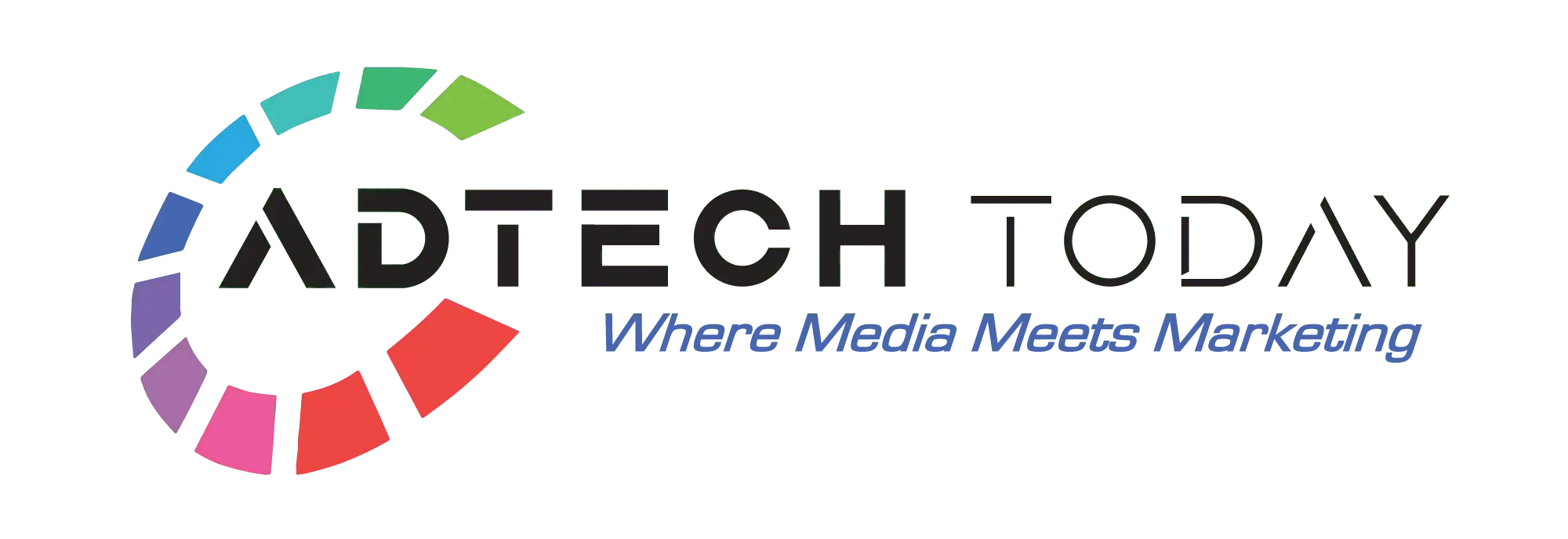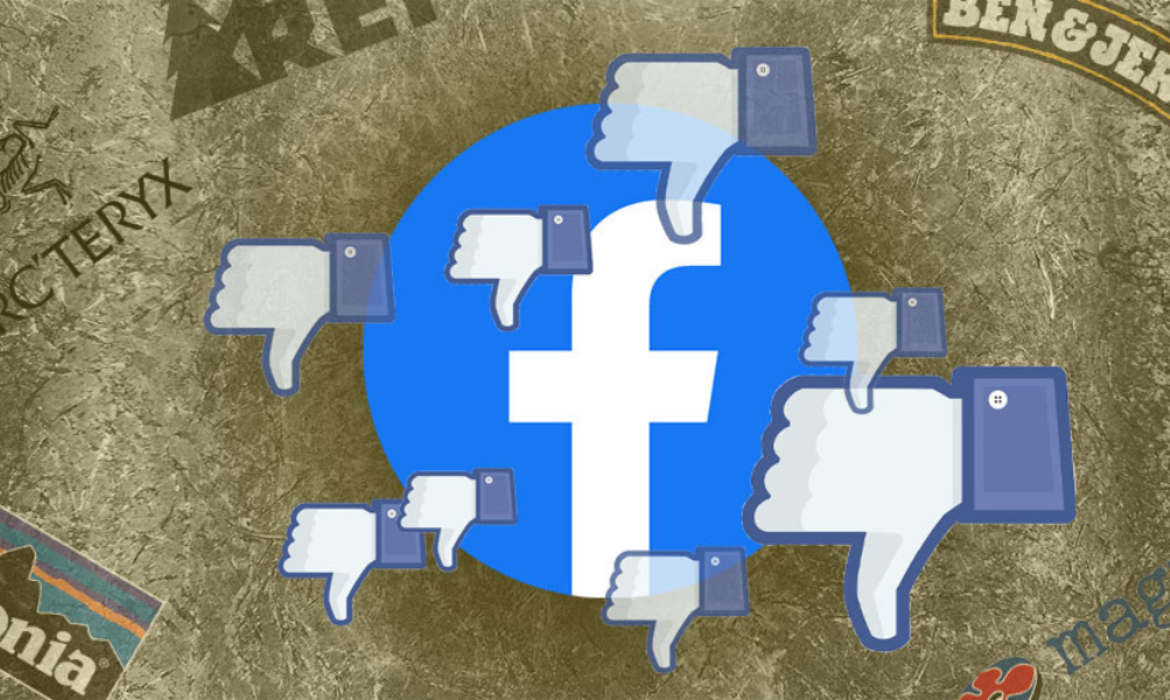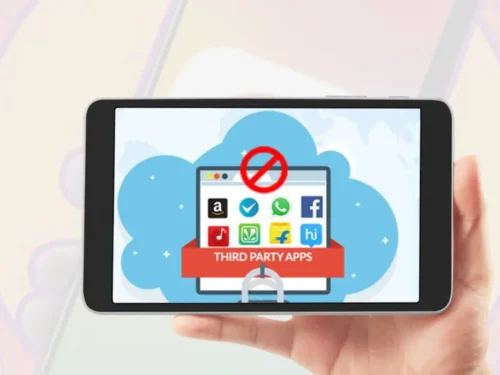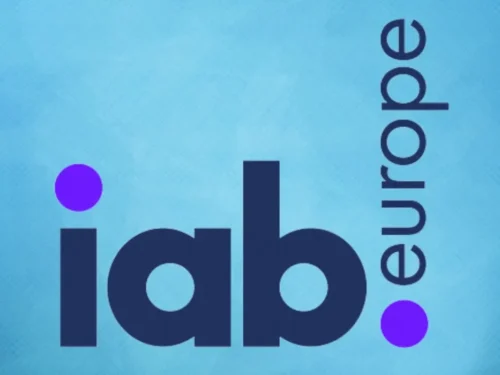Unilever to Follow Other Brands in Boycotting Facebook Advertising
Highlights:
- A growing number of brands are joining the protest #StopHateForProfit, a month-long boycott of Facebook Advertising initiated by civil rights groups in response to social media giant’s handling of hate speech and misinformation.
- More than 90 marketers have joined the protest and Unilever is the latest to join the list who has paused brand advertising on Facebook, Instagram, and Twitter in the U.S. for the rest of the year.
- Facebook and Twitter shares plunged more than 7% after Unilever’s announcement.
What started as a slow protest by advertisers pulling ads from Facebook has turned into a growing boycott of the social media platform over its weak stance on hate and misinformation. Facebook shares fell more than 7% after Unilever, one of the world’s largest advertisers, joined other brands to boycott ads on social media. Unilever will no more spend on Facebook properties for advertising this year.
Mark Zuckerberg loses $7 billion after a flurry of companies pulled advertising from Facebook. The Guardian has described it as Facebook’s “largest-ever advertiser boycott”.
Background:
The campaign ‘Stop Hate For Profit’ is organized by many advocacy groups including the Anti-defamation league, NAACP, Colors of change to name a few. The campaign calls on all businesses to stop advertising on Facebook for July and demand that it tighten their content policies against hate speech and racism. It also calls for businesses to hit its main source of income- advertising, as it made $70 billion last year that accounts for nearly 99% of its total revenue.
Why It Matters:
The boycott has damaged Facebook’s reputation, and increased political pressure ahead of the election, however, it would make an insignificant difference on its bottom line given the size of the company.
Driving The News:
Here are brands that have committed to cease their Facebook spending and for a certain timeline.
– Unilever, for the rest of the year
Unilever is the latest advertiser to join the bandwagon to boycott ads on Facebook and Facebook-owned platform Instagram. It is also the first to extend the boycott to the rival platform Twitter. According to Pathmatics, an ad tracking firm, Unilever was 33rd biggest advertiser on Facebook spending over $2 million in the first three weeks of June alone. The company said in a statement,
“Continuing to advertise on these platforms at this time would not add value to people and society.”
– Verizon, through July month
The company told CNBC that it will pull out ads from all the Facebook services on June 25.
– Levi Strauss & Co., through at least end of July
The denim clothing company said June 26 in a statement,
“We want to see meaningful progress toward ending the amplification of misinformation and hate speech and better addressing of political advertisements and content that contributes to voter suppression.”
– American Honda, through July
The U.S auto brand said it would stop paid advertising for July on Facebook and Instagram. A spokesperson from the company said it will post organically on both platforms during this time. It also said, “This is in alignment with our company’s values, which are grounded in human respect.”
– Arc’teryx, through at least July
The Canadian clothing brand joining the campaign tweeted, “Facebook profits ‘will never be worth promoting hate, bigotry, racism, antisemitism & violence.’
We need a break @facebook. Effective immediately, we will be halting our global advertising with @Facebook & @Instagram until at least the end of July in support of the #stophateforprofit campaign & donating those dollars towards building more inclusive outdoors.
— Arc'teryx (@Arcteryx) June 23, 2020
– Ben & Jerry’s, through at least July
The company in support of the campaign tweeted that Facebook must take clear and unequivocal actions.
We will pause all paid advertising on Facebook and Instagram in the US in support of the #StopHateForProfit campaign. Facebook, Inc. must take the clear and unequivocal actions to stop its platform from being used to spread and amplify racism and hate. >>>https://t.co/7OpxtcbDGg pic.twitter.com/I989Uk9V3h
— Ben & Jerry's (@benandjerrys) June 23, 2020
– Diageo, beginning July 1
Spirits giant said on June 27 that it will pause paid advertising globally on all major social media platforms including Facebook, Instagram, and Twitter beginning July 1.
– Birchbox, through July month
The makeup company said in an Instagram post on June 26 that they pause all paid advertisements in support of the campaign.
https://www.instagram.com/p/CB6F4UmDBNN/?utm_source=ig_embed
– Coca-Cola, through late July
Coca-Cola said in a statement that it plans to pause advertising on all social media platforms for at least 30 days while it revisits its advertising policies. James Quincey, chairman, and CEO said, “We also expect greater accountability and transparency from our social media partners.”
However, it’s decision is not a part of the campaign.
– JanSport, Habitat for Humanity through July month
The backpack producer tweeted on Jun 27 that it will stop advertising for the month of July “to join the fight for stricter policies that keep racist, violent & hateful content from proliferating on these platforms.”
The global non-profit also joined the campaign and paused all paid advertising on Facebook services for July month in a Twitter post.
– Hershey, through July month and 1/3rd for rest of the year
The Hershey Company in a statement to USA Today,
“We do not believe that Facebook is effectively managing violent and divisive speech on their platform. Despite repeated assertions by Facebook to take action, we have not seen meaningful change.”
It will halt advertising for July and cut spending by one-third for the rest of the year on Facebook and Instagram.
– Rakuten Viber, indefinitely
The messaging service said on June 25 that it is severing all ties with Facebook as a part of the growing boycott. Chief executive, Djamel Agaoua, said the move to cut ties was due to Facebook’s “poor judgment in understanding its role in today’s world”. It will remove all Facebook properties including Giphy, GIF library, Facebook Connect, and Facebook SDK.
– Magnolia Pictures, Patagonia through at least end of July
The Hollywood Studio said in a Twitter post on June 23, it has chosen to stop advertising on Instagram and Facebook through at least the end of July. The clothing brand Patagonia also announced on Twitter that it will join the campaign.
– The North Face, REI, Upwork, Eddie Bauer through July
The North face became the biggest and first brand to join the campaign.
We’re in. We’re Out @Facebook #StopHateForProfit
Learn more: https://t.co/uAT7u7mjBG https://t.co/jVxTIH5ThQ
— The North Face (@thenorthface) June 19, 2020
According to the running list by Sleeping giants, more than 100 advertisers have followed the suit.
Major luminaries of the ad industry have also started reviewing their ad spend and begun to pull their dollars.
– Unilever rival and largest advertiser in the country Procter and Gamble has also threatened to pull ads if platforms didn’t take ‘appropriate systematic action’ to address the hate speech.
– According to the Wall Street Journal, 360i, a digital-ad agency owned by global ad holding group Dentsu Group Inc. emailed its client to join the Facebook ad boycott.
What Is Their Next Course Of Action:
Facebook is taking a more hands-on approach as ads boycott grows. It would start labeling political speech that violates the rules, take measures to prevent voter suppression, and protect minorities.
A post violating rules but is from an important political figure, it will be marked as ‘newsworthy’. Facebook said it would expand policies around hate speech and prohibit hateful language in ads on the site.
The Big Picture:
The boycott reached its tipping point with the Black Lives Matter protests when Facebook refused to moderate the post from President Trump that many believed incited hate and violence against protesters.
Next question, is the ad boycott huge to make a dent on Facebook revenue? The impact is limited. Analysts say that the boycott is for a limited period ‘July’ and then many of the advertisers plan to return their ad dollars to Facebook because of its effectiveness. Facebook’s auctioned based system can fill the ad space quickly with marketing messages from other companies.
Our Thought Bubble:
Facebook is powerful and experienced to deal with the current situation. The brand boycott is more of a PR problem than any immediate threat to its revenue.
Brands participation is noteworthy but it’s a tiny fraction of the 8 million advertisers using Facebook advertising and it would be hard to get a huge coalition to boycott the brand for an extended period.
Bottom Line:
It would be interesting to wait and watch how Facebook addresses the brand’s concerns in the coming weeks in response to the mounting political and social pressure and reverse the damage to its reputation.
Learn more: How Donald Trump’s Executive Order Has Changed the Face of Social Media
Author Profile

- Neha Mehta
- Neha started her journey as a financial professional but soon realized her passion for writing and is now living her dreams as a content writer. Her goal is to enlighten the audience on various topics through her writing and in-depth research. She is geeky and friendly. When not busy writing, she is spending time with her little one or travelling.
Latest Posts
 Interview and Guest PostJuly 19, 2024Navigating Ad Tech: Equativ’s Jacqueline Chua’s Strategic Insights
Interview and Guest PostJuly 19, 2024Navigating Ad Tech: Equativ’s Jacqueline Chua’s Strategic Insights Interview and Guest PostJune 21, 2024CTV Exploration: Chandrahas Shetty, Demand Facilitation Lead, India, On Growth And Privacy
Interview and Guest PostJune 21, 2024CTV Exploration: Chandrahas Shetty, Demand Facilitation Lead, India, On Growth And Privacy Interview and Guest PostJune 14, 2024Advertising Evolution: Rasha El-Ghoussaini on Snap Inc.
Interview and Guest PostJune 14, 2024Advertising Evolution: Rasha El-Ghoussaini on Snap Inc. Interview and Guest PostJune 5, 2024Navigating Digital Waves: Shrenik Gandhi’s Journey with WRM
Interview and Guest PostJune 5, 2024Navigating Digital Waves: Shrenik Gandhi’s Journey with WRM










